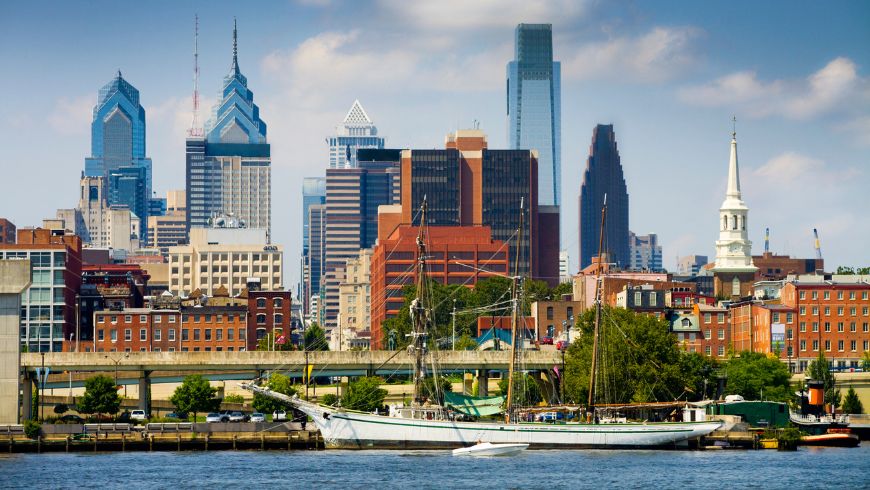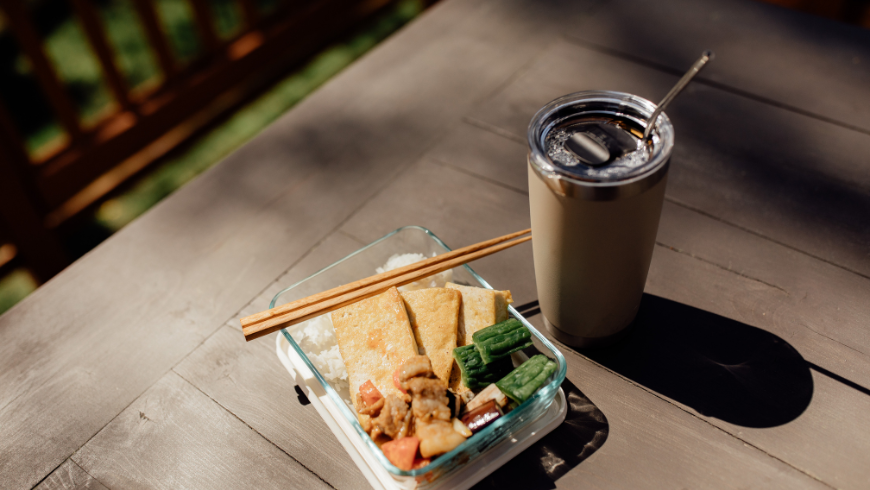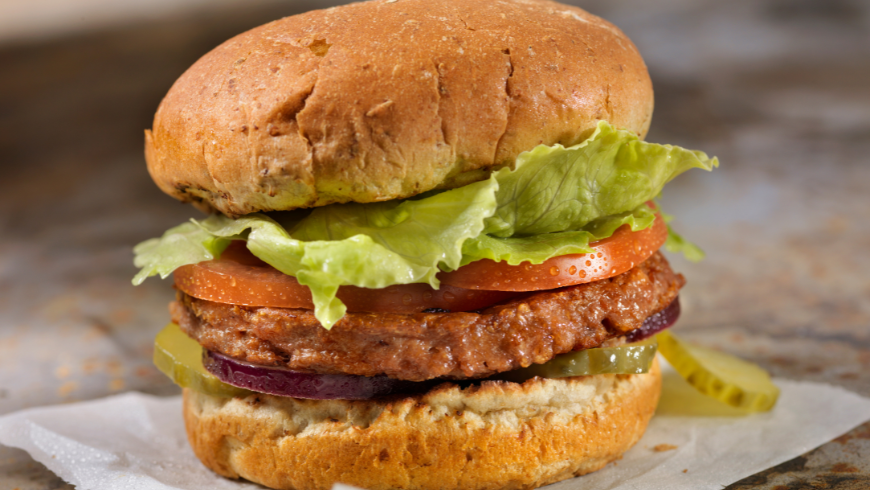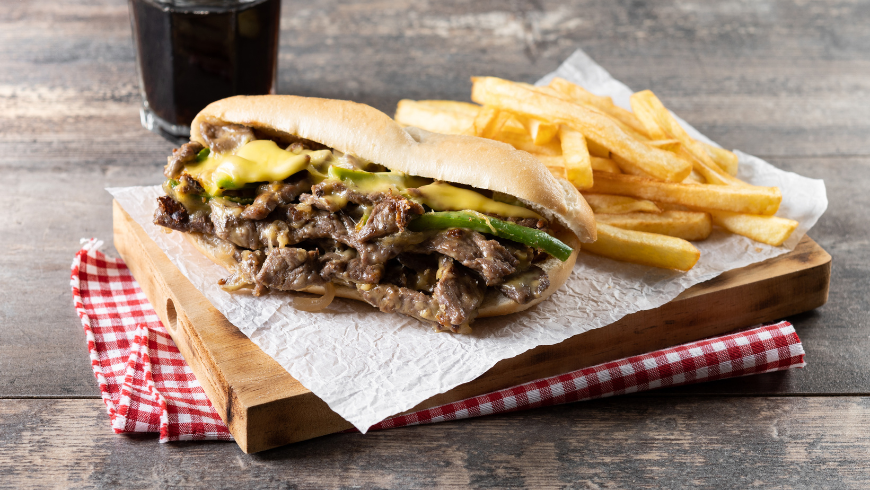Few foods carry the weight of a city’s identity quite like the Philly cheesesteak. It’s messy, indulgent, and fiercely defended by locals as the real taste of Philadelphia. But as conversations around sustainability and conscious eating grow louder, this iconic dish finds itself at the center of a new kind of debate. Can something so rooted in tradition evolve with the times? More importantly, can it do so without losing its soul? Today, we’ll dive into the ethical cheesesteak debate to explore whether Philly’s most beloved sandwich can become more sustainable and what that journey might look like for locals, travelers, and food lovers alike.

What Would Make a Cheesesteak Ethical?
You already know what makes a classic cheesesteak great: thin-sliced beef, melted cheese, a soft roll, and maybe some onions if you’re feeling bold. But when you start thinking about ethics, things get a bit more complicated.
An ethical cheesesteak goes beyond taste, and considers the full impact of your meal, from how the ingredients are sourced to how the sandwich is packaged and served. For starters, the beef. Factory-farmed meat has a huge environmental footprint. So, using responsibly raised or locally sourced beef can make a real difference. Alternatively, plant-based options like mushrooms, seitan, or jackfruit offer a lower-impact twist on the original.
Cheese is another factor. Dairy production also contributes to emissions and waste, so swapping in vegan cheese or supporting local dairies that prioritize animal welfare is a step in the right direction.
And it’s not just about what’s inside the sandwich. Ethical food also means fair labor practices, minimal packaging waste, and supporting small businesses that give back to their communities. Ultimately, it’s about seeing the cheesesteak as part of a bigger picture – one where flavor and responsibility share the same plate.
Beyond the Bun: Waste, Packaging & Small Changes That Matter

Even if the ingredients are thoughtfully sourced, there’s still a side of waste that comes with most cheesesteaks, especially when you’re grabbing one on the go. Just think about the layers of foil, wax paper, plastic bags, and disposable condiment packets that usually come with your sandwich. It adds up fast.
Food packaging may seem like a small detail, but it plays a major role in the overall environmental impact of your meal. Many traditional cheesesteak spots still rely on materials that are hard to recycle or destined for landfills. Fortunately, some vendors are starting to rethink this. They’re switching to compostable wrappers, reusable containers, or even offering discounts for customers who bring their own.
Do Ethical Cheesesteaks Still Taste Like the Original?
The biggest question for most cheesesteak lovers isn’t about emissions or packaging. It’s about flavor. Can a cheesesteak made with mushrooms or plant-based beef really compete with the original? We can’t expect the food to save the environment if it comes at the expense of flavor.
Popular substitutes include seitan, jackfruit, portobello mushrooms, and new-gen plant-based beef made from soy, peas, or wheat. Some versions even use local, responsibly raised beef for a lower-impact yet meaty option.
When it comes to texture, well-made seitan or plant-based beef can deliver that classic chew. Mushrooms, on the other hand, add an earthy richness that some say brings even more umami to the table. Vegan cheeses have come a long way, too. Many melt beautifully and mimic the gooey satisfaction of American or provolone.
And while the taste of the alternative isn’t always the same, many have come to prefer it.

Ethical Standards or Certifications for Cheesesteak Ingredients
Sustainability isn’t always visible, but certifications help when trying to establish sustainable habits. When it comes to choosing an ethical cheesesteak, paying attention to ingredient standards can make all the difference.
Look out for labels like:
- Grass-fed or pasture-raised beef – Typically means better animal welfare and lower environmental impact
- Certified Humane – Ensures animals were treated ethically throughout their lifecycle
- Organic cheese – Fewer synthetic additives, often better farming practices
- Non-GMO ingredients – Supports transparency and cleaner sourcing
- Certified Vegan – Verifies that no animal products were used
- Rainforest Alliance – Sometimes applied to mushrooms or other plant ingredients, emphasizing sustainable farming
The challenge is that not every cheesesteak shop will have these labels on display, especially the smaller, no-frills ones. But that doesn’t mean you’re out of options. If you’re curious about sourcing, just ask. Many local vendors are more transparent than you’d think, and some are proud to share where they get their ingredients.
Is the Ethical Cheesesteak a Reality?

So, can the Philly cheesesteak truly go sustainable?
In some ways, the answer is already unfolding. A growing number of restaurants are experimenting with more ethical sourcing, creative plant-based substitutes, and low-waste packaging. They’re proving that it’s possible to honor the essence of the cheesesteak – bold, comforting, unmistakably Philly – while making smarter choices for the planet.
That said, the trend isn’t widespread just yet. Most cheesesteak shops still lean on traditional ingredients and convenience-focused packaging. And for many locals, the idea of changing a cultural icon feels like a tough sell. But progress doesn’t have to mean abandoning tradition. It can mean expanding it. The ethical cheesesteak isn’t about replacing the original. Rather, it’s about creating options that reflect the values of a changing city and a changing world.
Cover image: photo by Phexels.com

Author’s bio: Jordan Lee is a freelance writer and a consultant at BR Moving, lifelong foodie, and curious traveler who believes that good food and sustainable living can go hand in hand. When not chasing down local eats or experimenting with plant-based recipes, Jordan writes about ethical tourism, moving logistics, conscious consumerism, and the people and movements challenging the status quo.